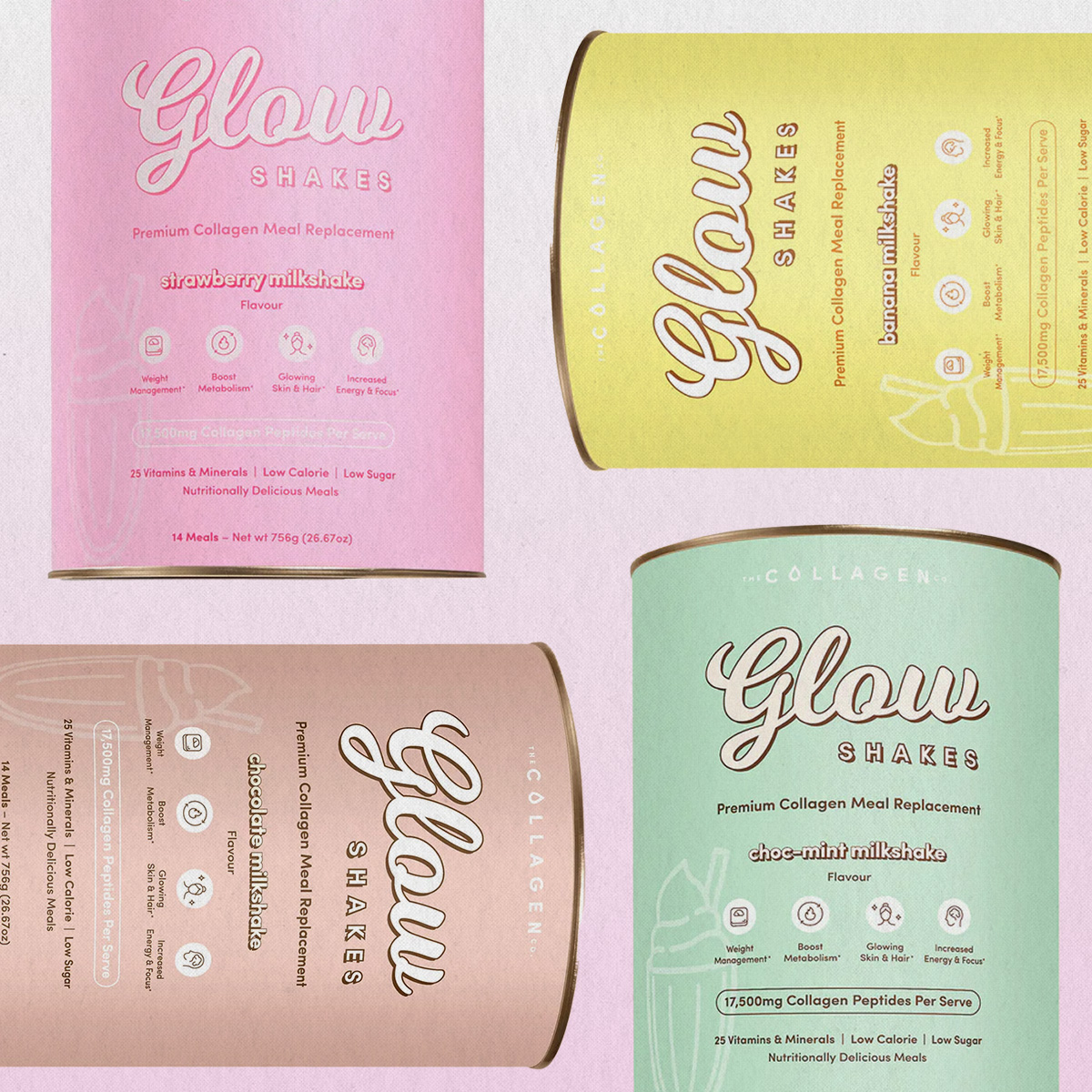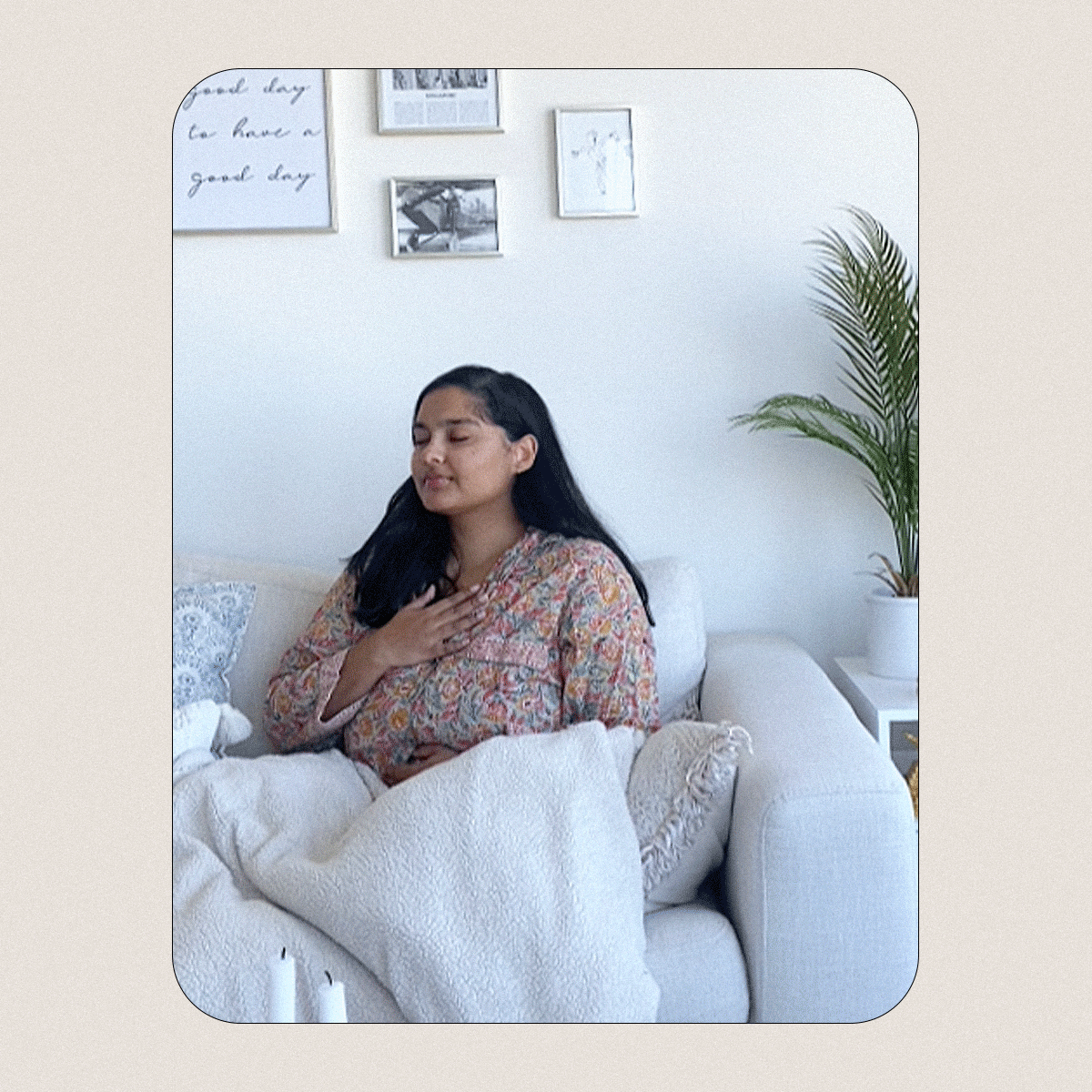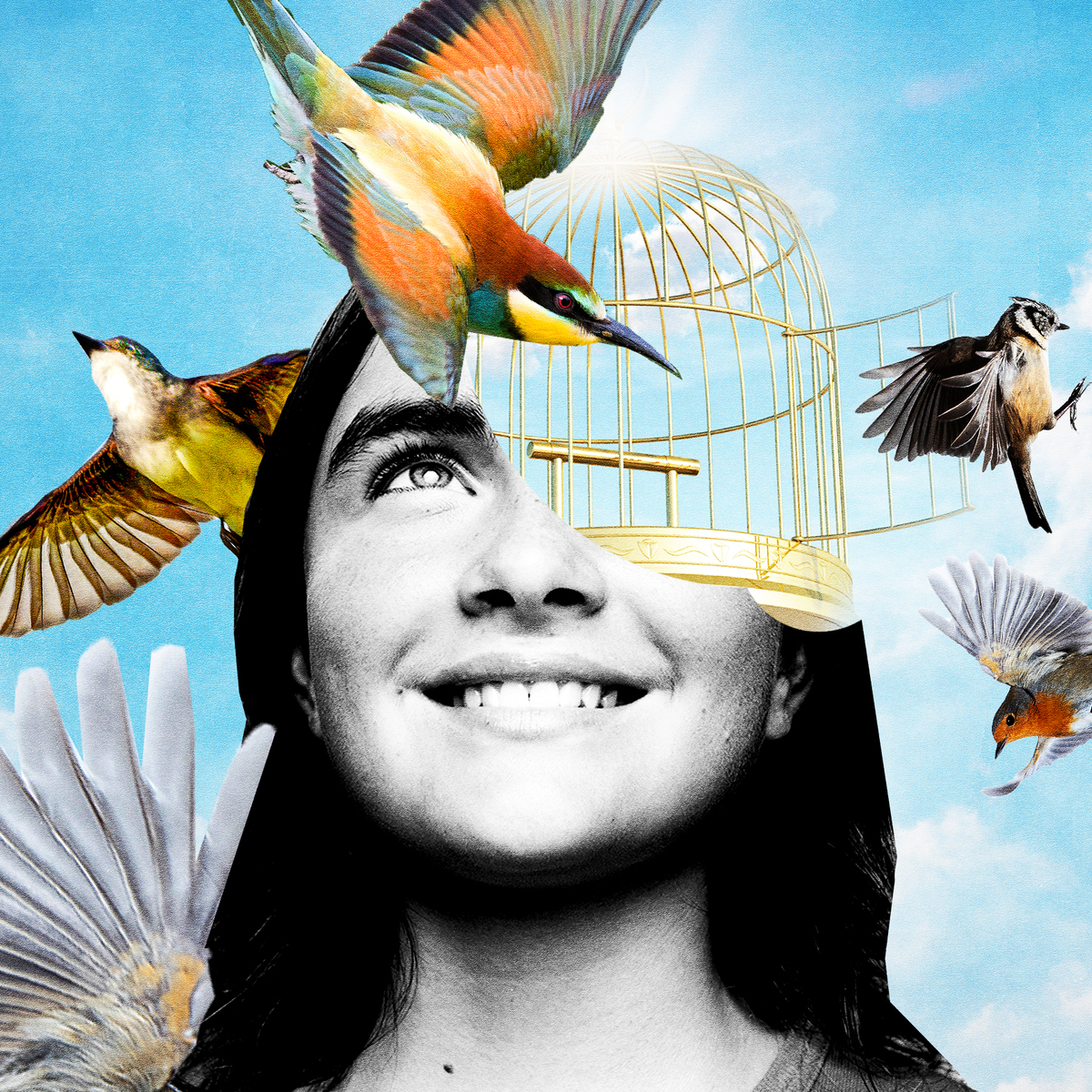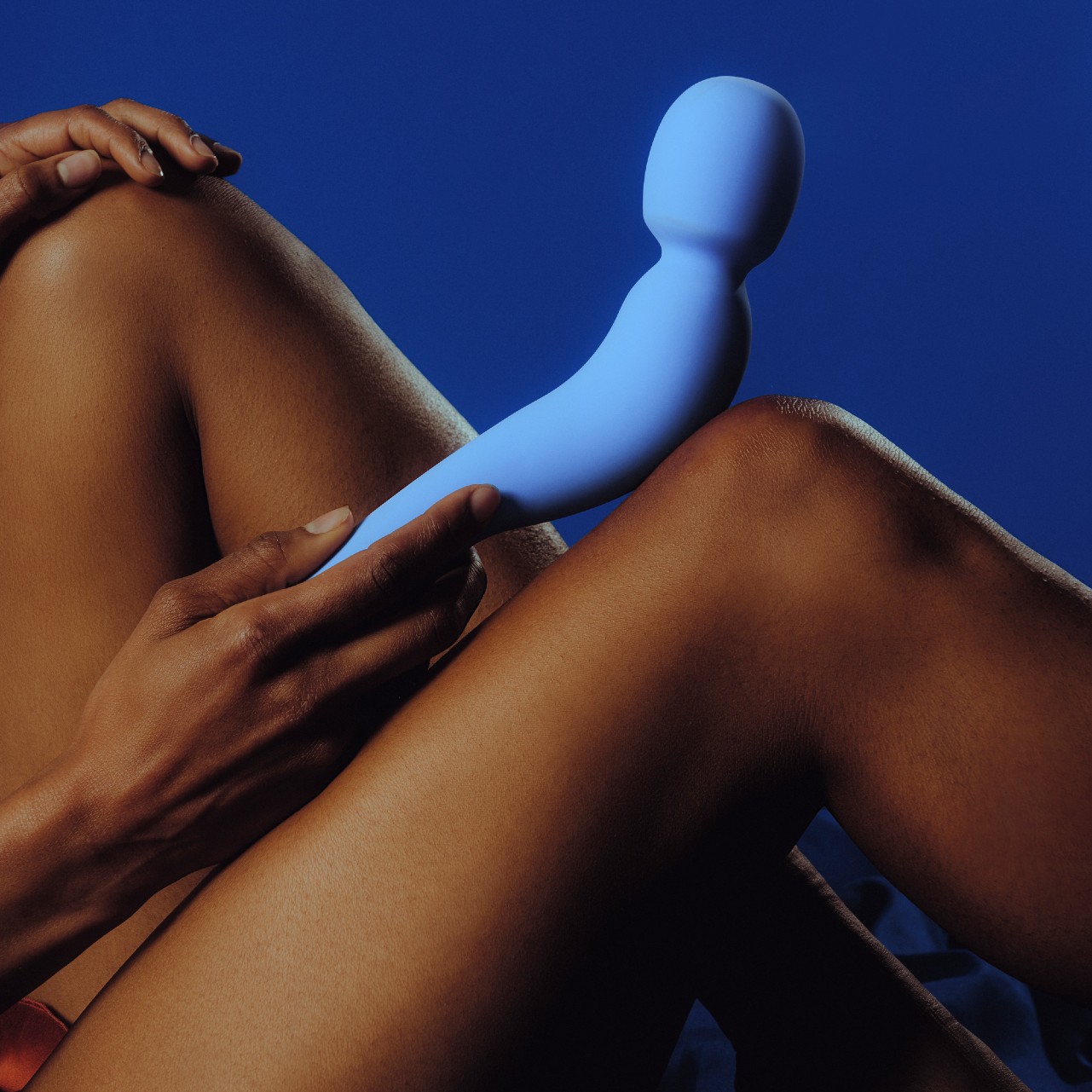Health-fitness
Stay healthy with workout tips and nutrition advice from the health experts at Marie Claire.
-
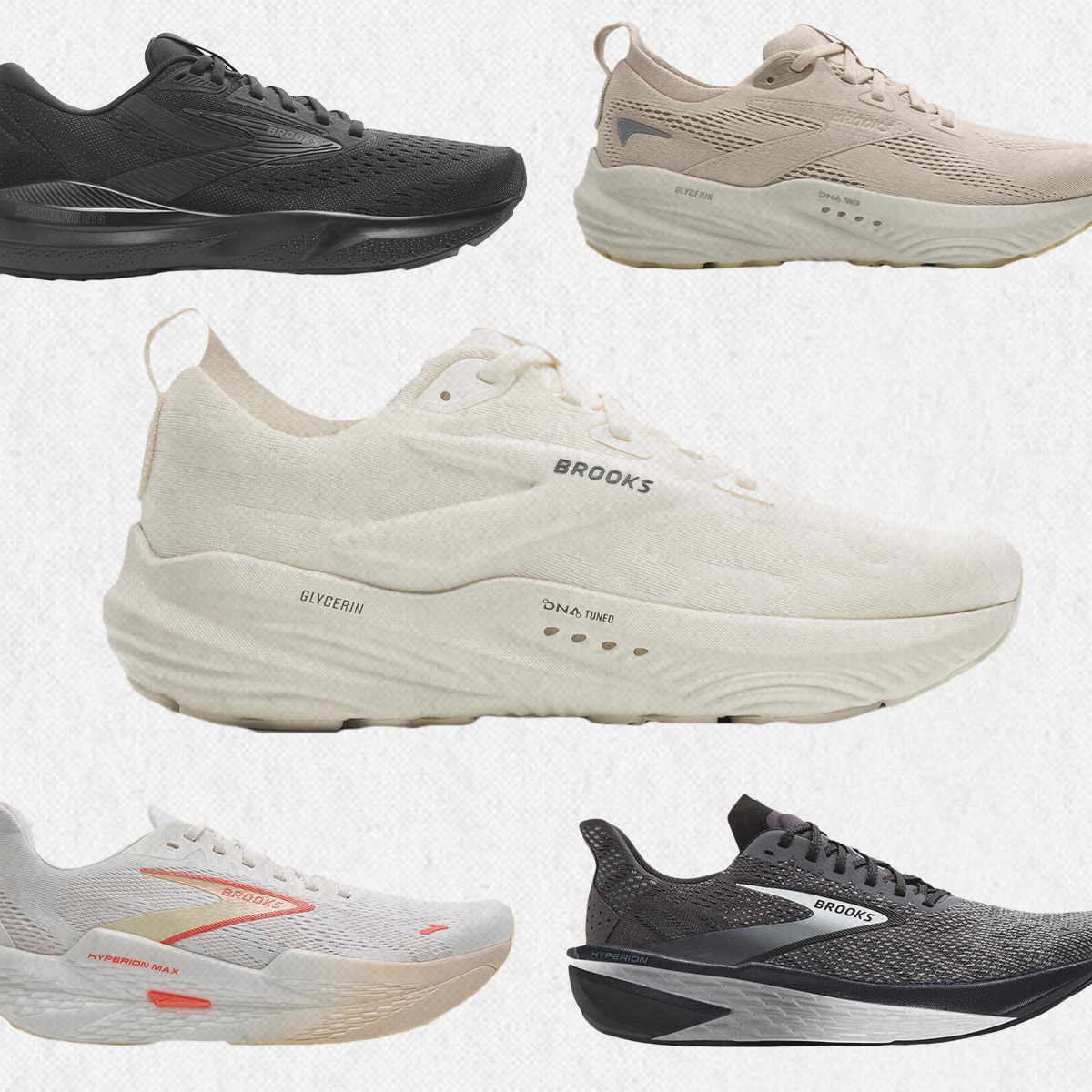
From Casual Jogs to Marathons, These Sneakers Will Help You Hit Your PR
Sponsor Content Created With Brooks
Elevate your performance.
By Emma Walsh Published
-
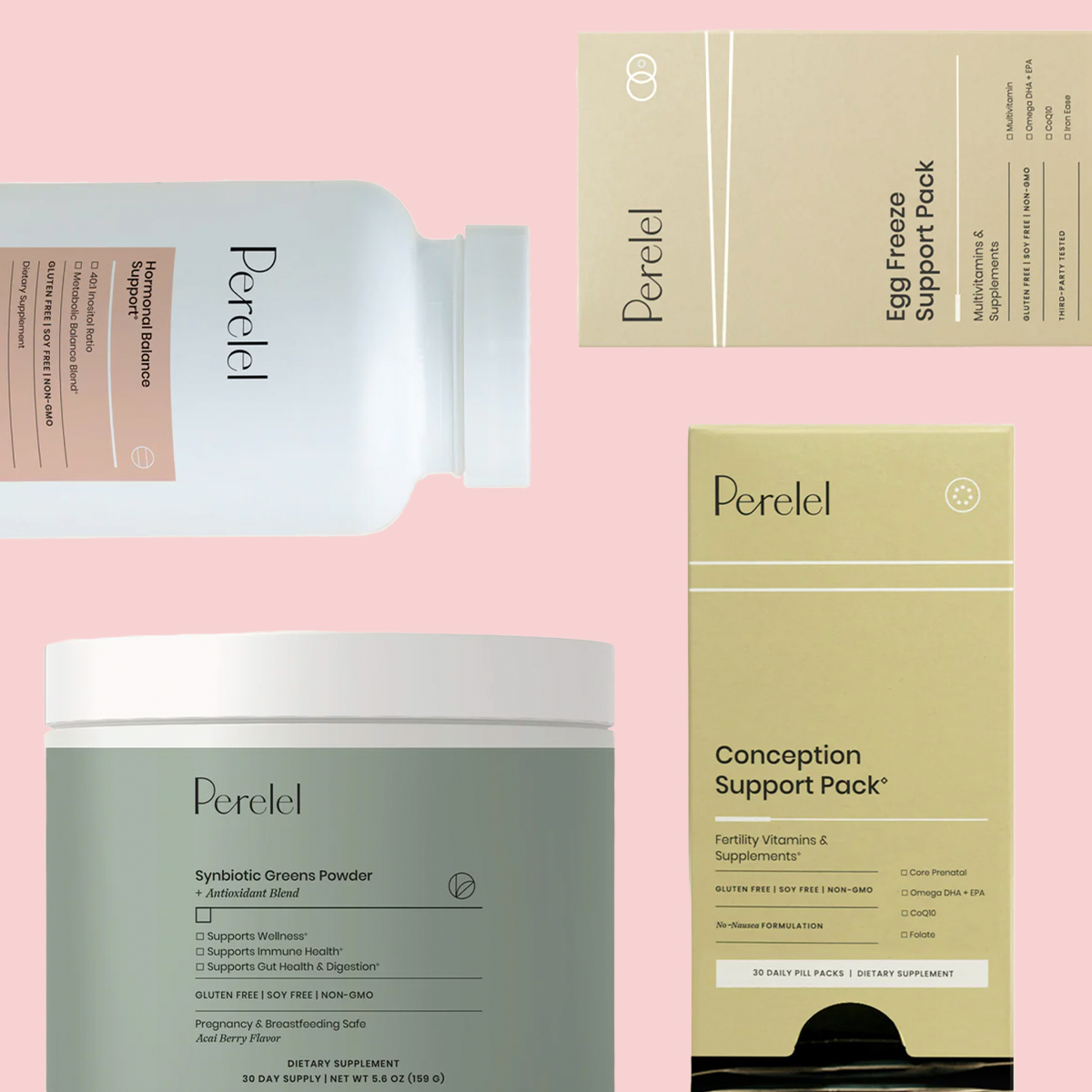
Trying to Conceive? These Fertility Supplements May Be the Answer
Sponsor Content Created With Perelel Health
They're backed by a celeb-loved OB-GYN.
By Marie Claire Editors Published
-
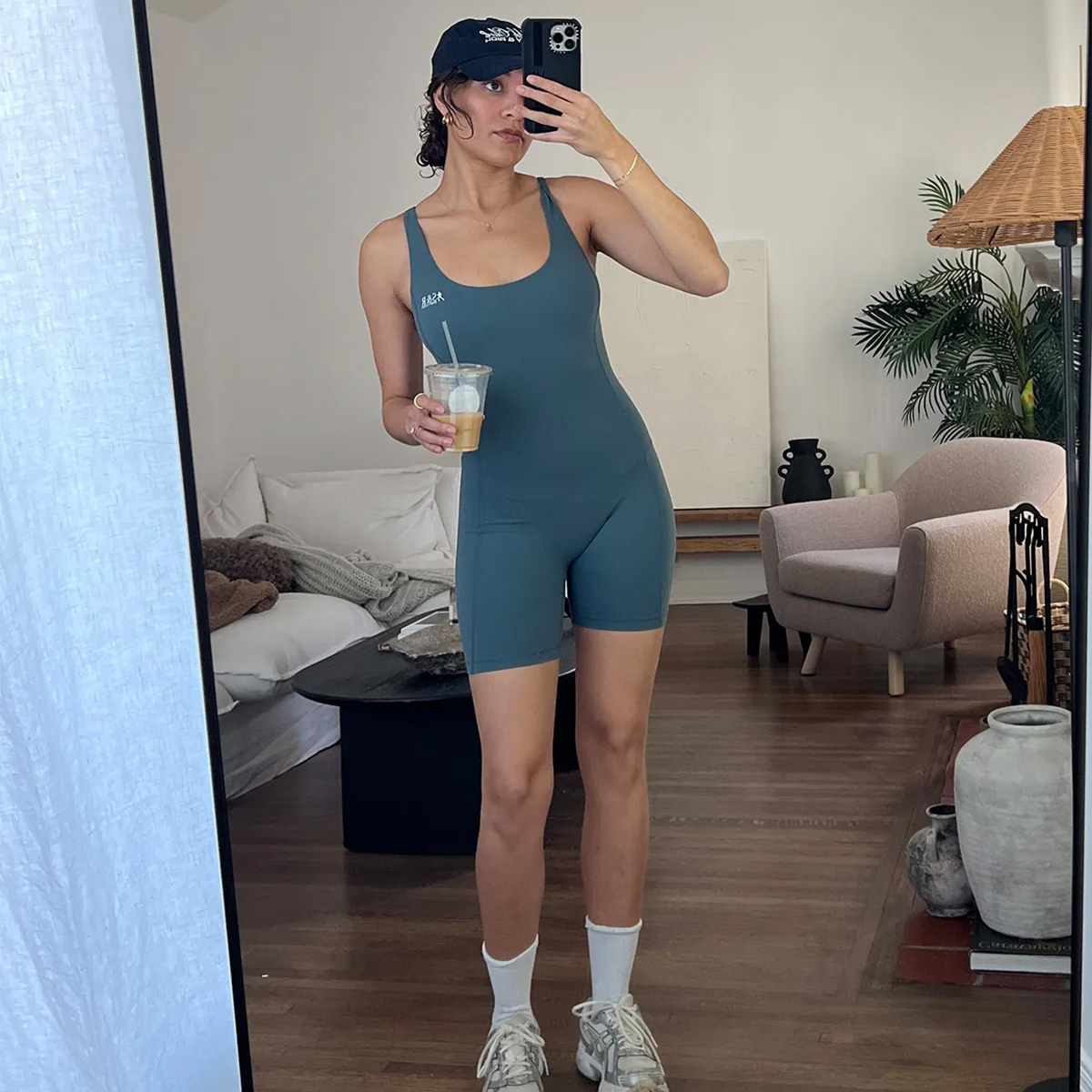
Entering Your Wellness Era in 2025? Here Are 15 Things to Get You Started
Even the smallest changes can make a big difference.
By Anneliese Henderson Published
-
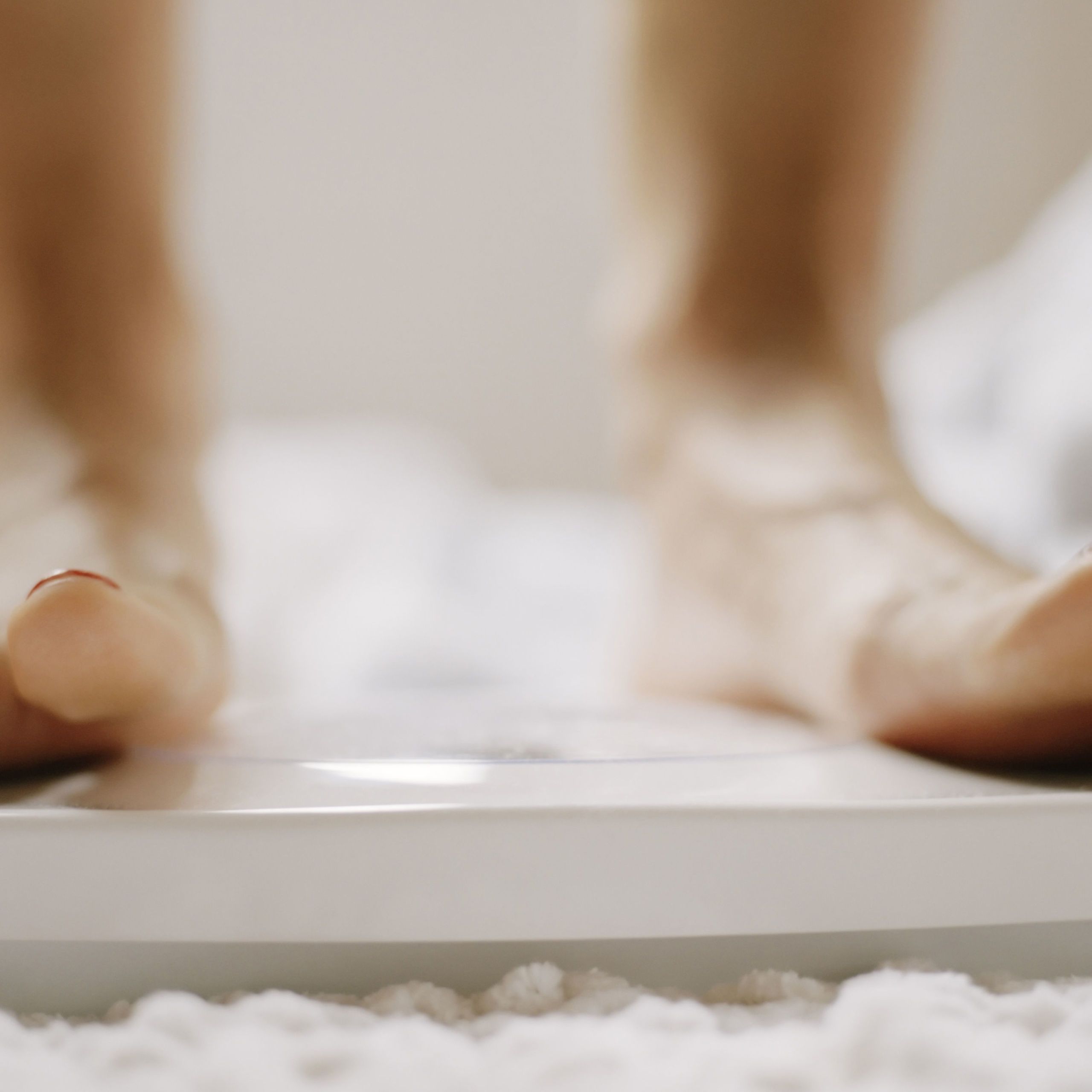
Every Diet That Actually Works Has These 10 Traits in Common
According to health and nutrition experts.
By Marie Claire Last updated
-
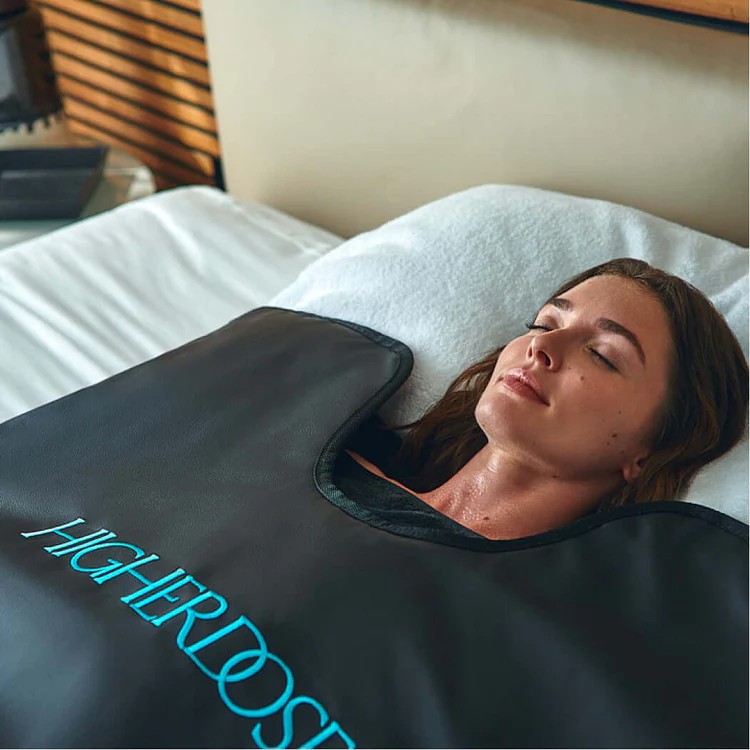
Your Serotonin Will Skyrocket After 20-Minutes in This Detox Blanket
Sweat it out on a daily basis.
By Samantha Holender Last updated
-
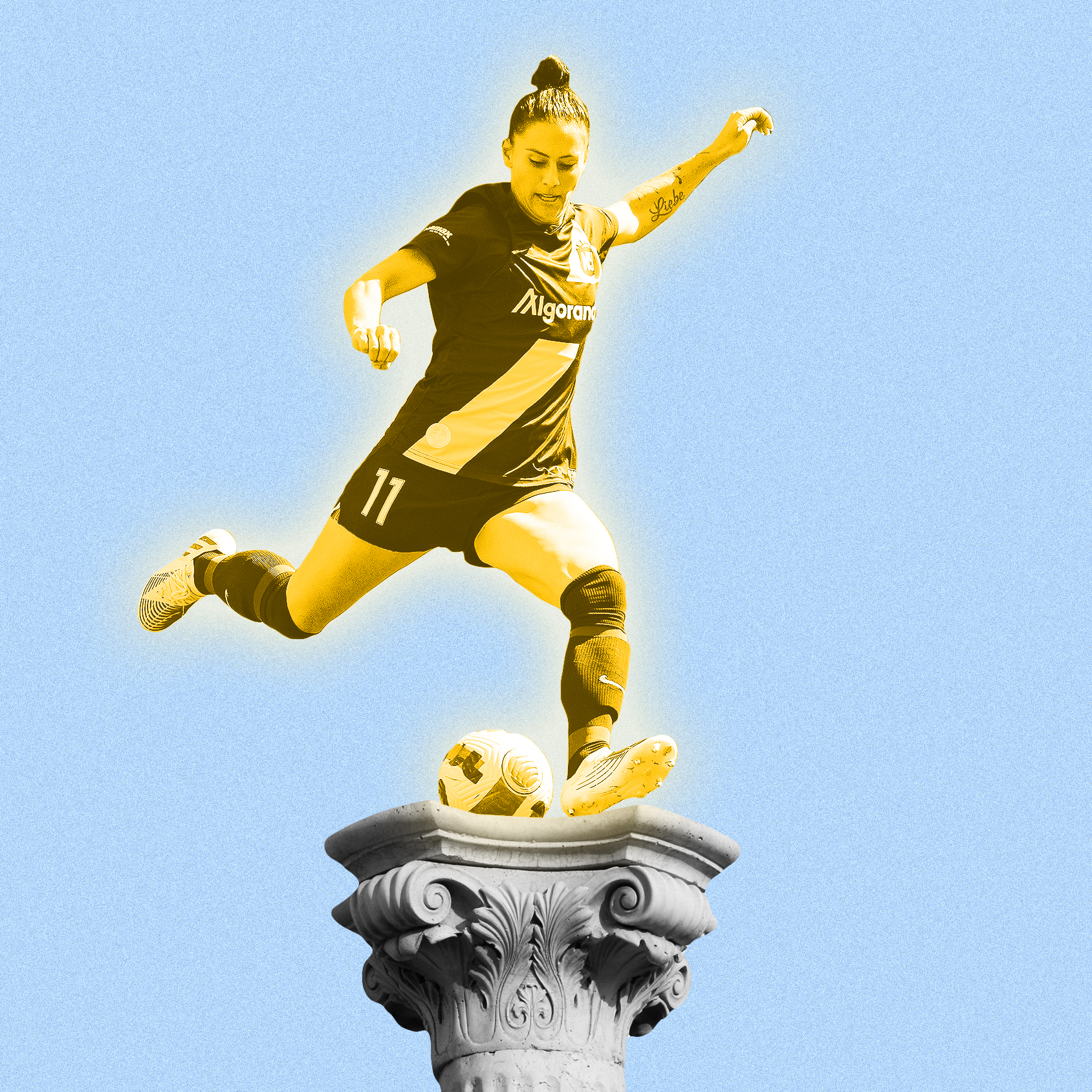
The Rise of the Middle-Age Athlete
Meet the competitors pushing their bodies beyond what is considered their "prime"—and winning.
By Emily Abbate Published
-
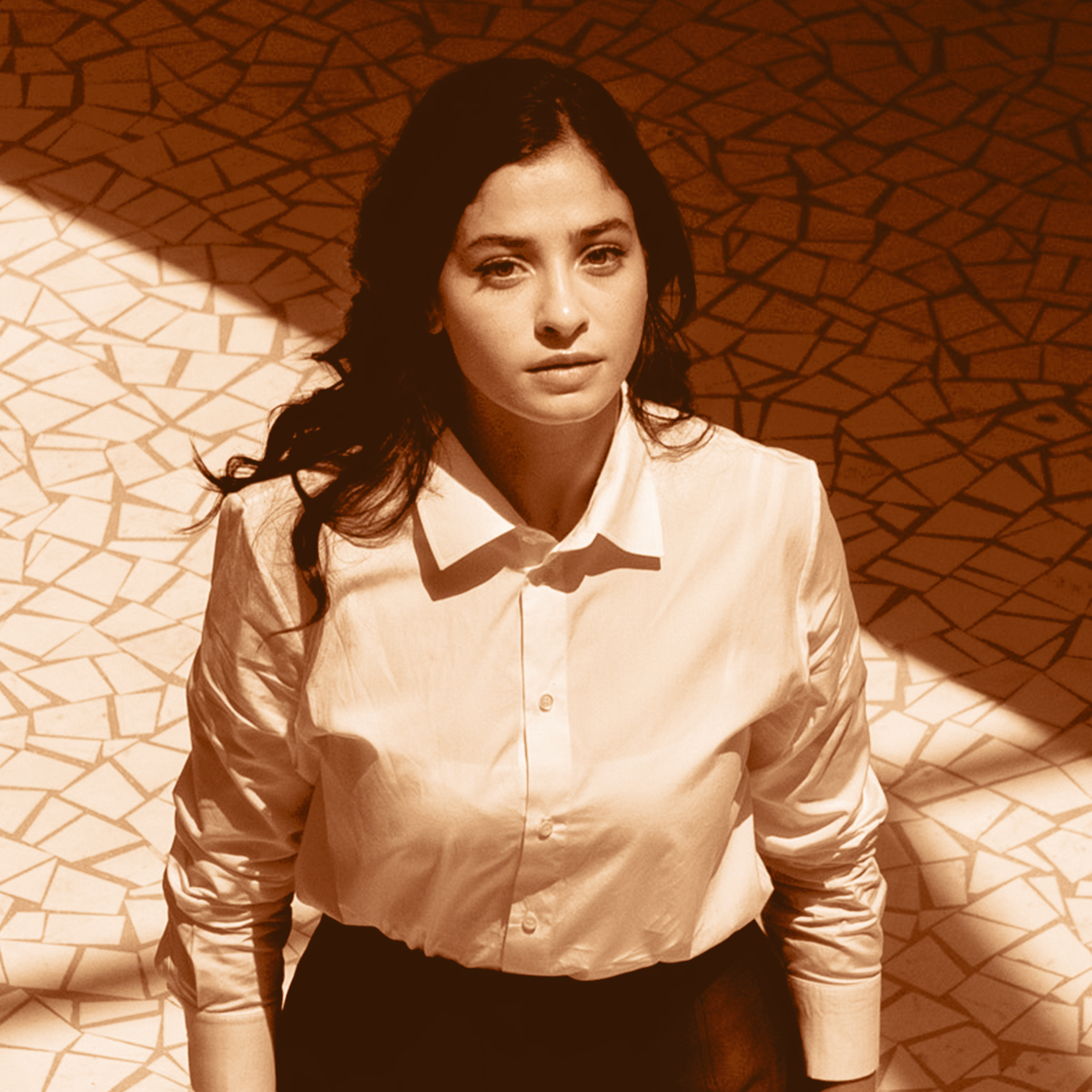
From Syrian Refugee to Two-Time Olympian
Yusra Mardini survived the unthinkable while fleeing her war-torn country. Then her dream of swimming in the Olympics came true.
By Galia Loupan Published
-

This TikTok-Famous Gadget Is My Secret to Hitting My Steps Goal
I no longer feel guilty about my desk job.
By Brooke Knappenberger Published
-
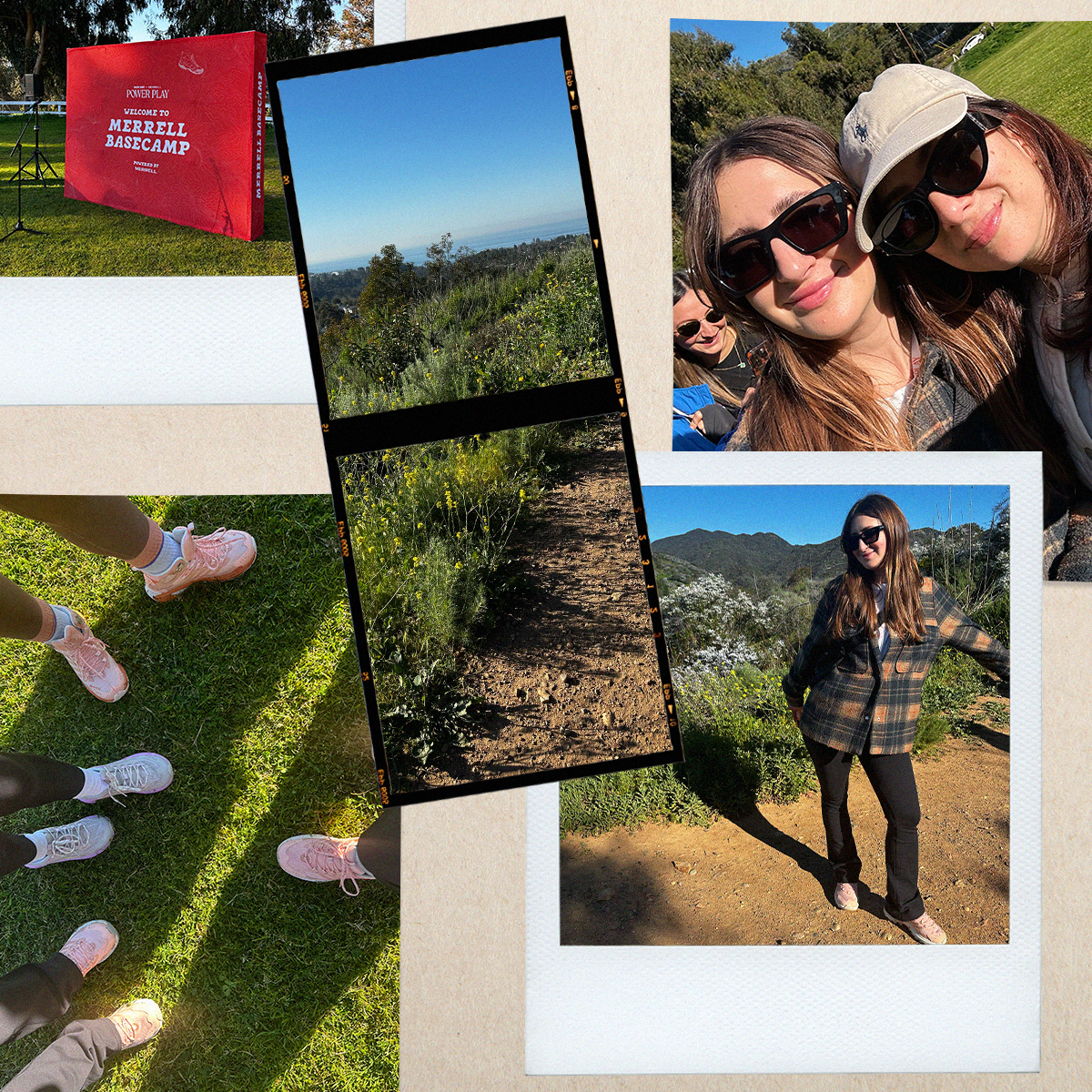
For a Complete Mind Shift, Go Hiking With Your Work BFF
Sponsor Content Created With Merrell
By Nayiri Mampourian Published
-
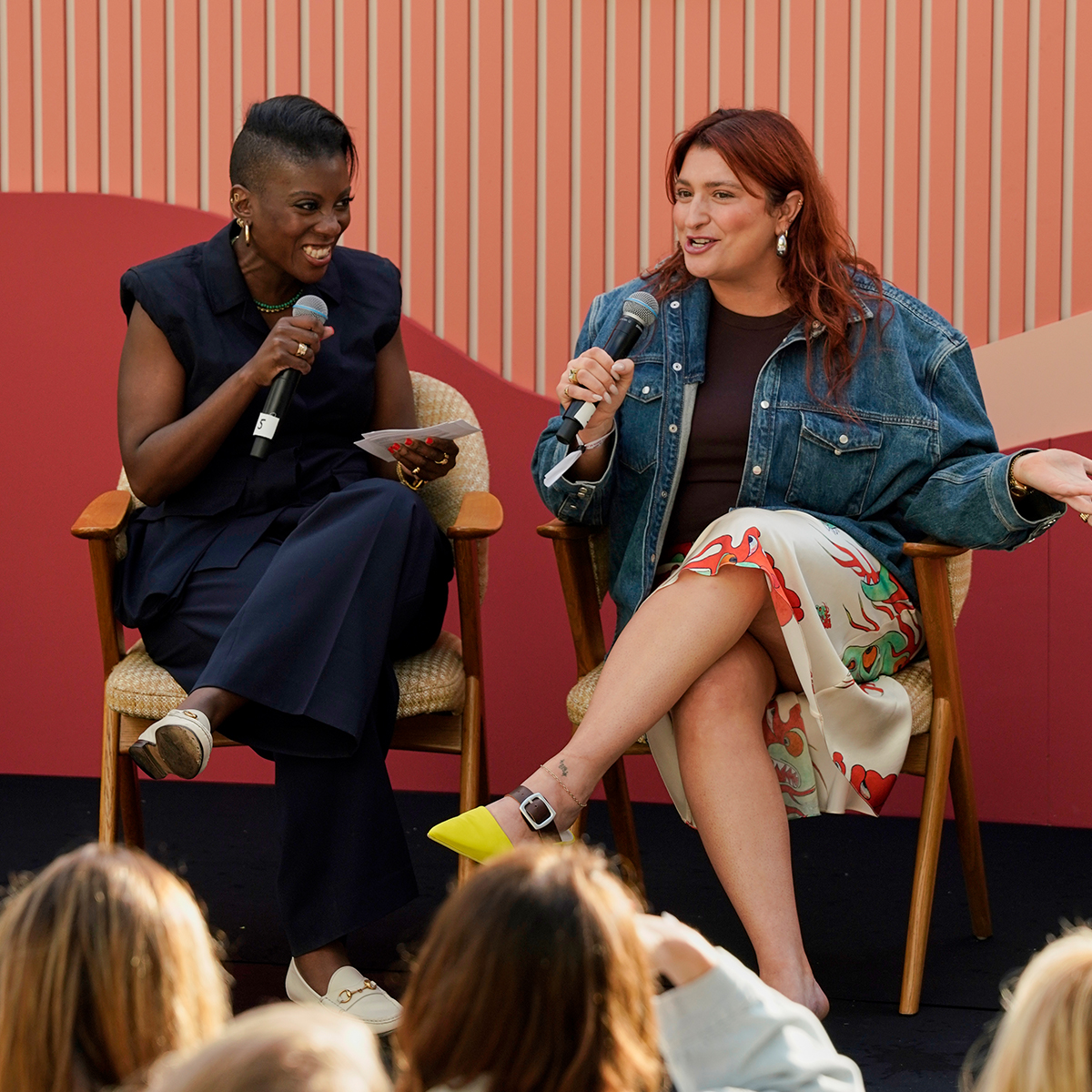
Plant-Based Feminine Care Products for the Win
Meet the brand that disrupted the feminine care space.
By Aniyah Morinia Published
-
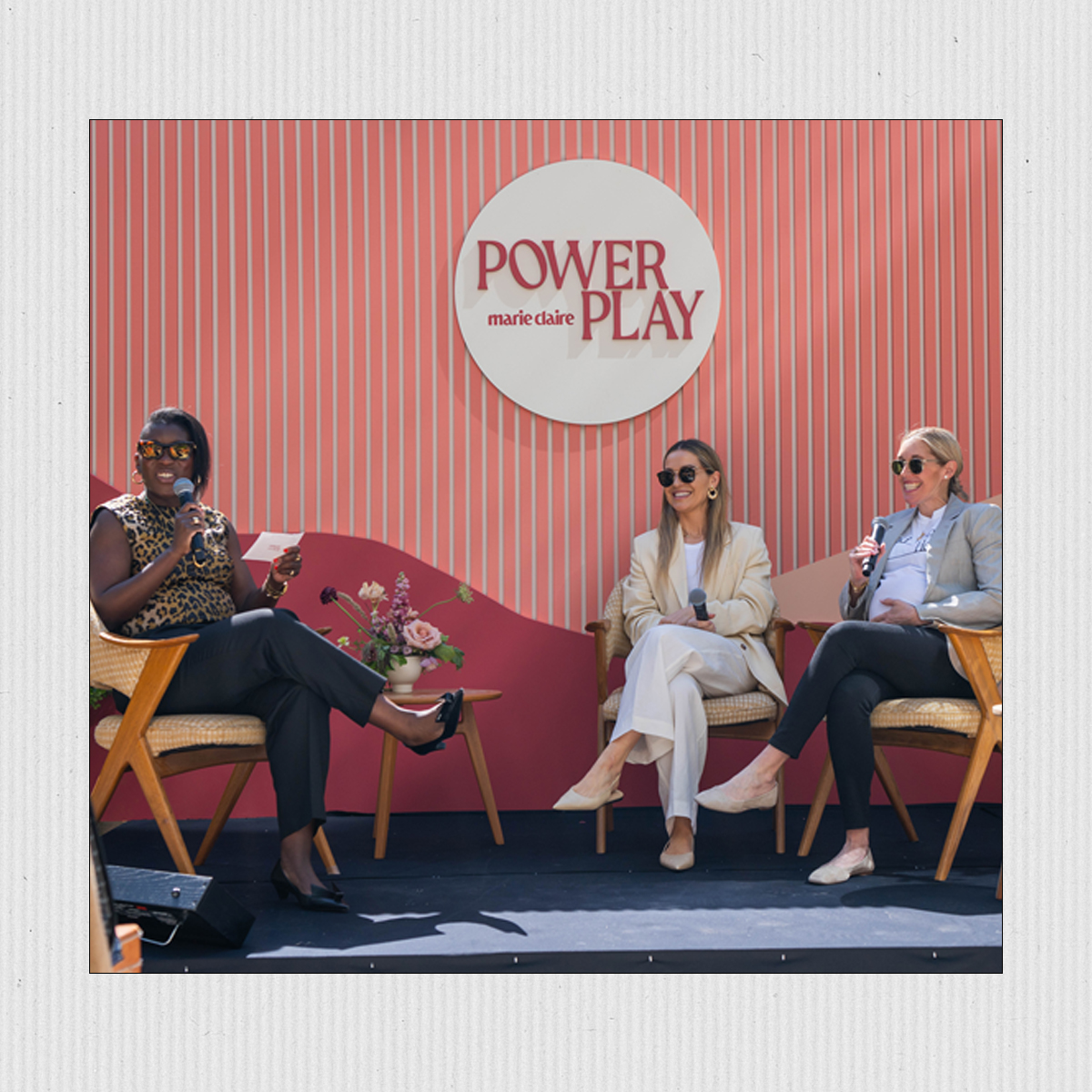
There's a Huge Gap in Women's Healthcare Research—Perelel Wants to Change That
The vitamin company has pledged $10 million to help close the research gap, and they joined us at Power Play to talk about it.
By Nayiri Mampourian Published
-
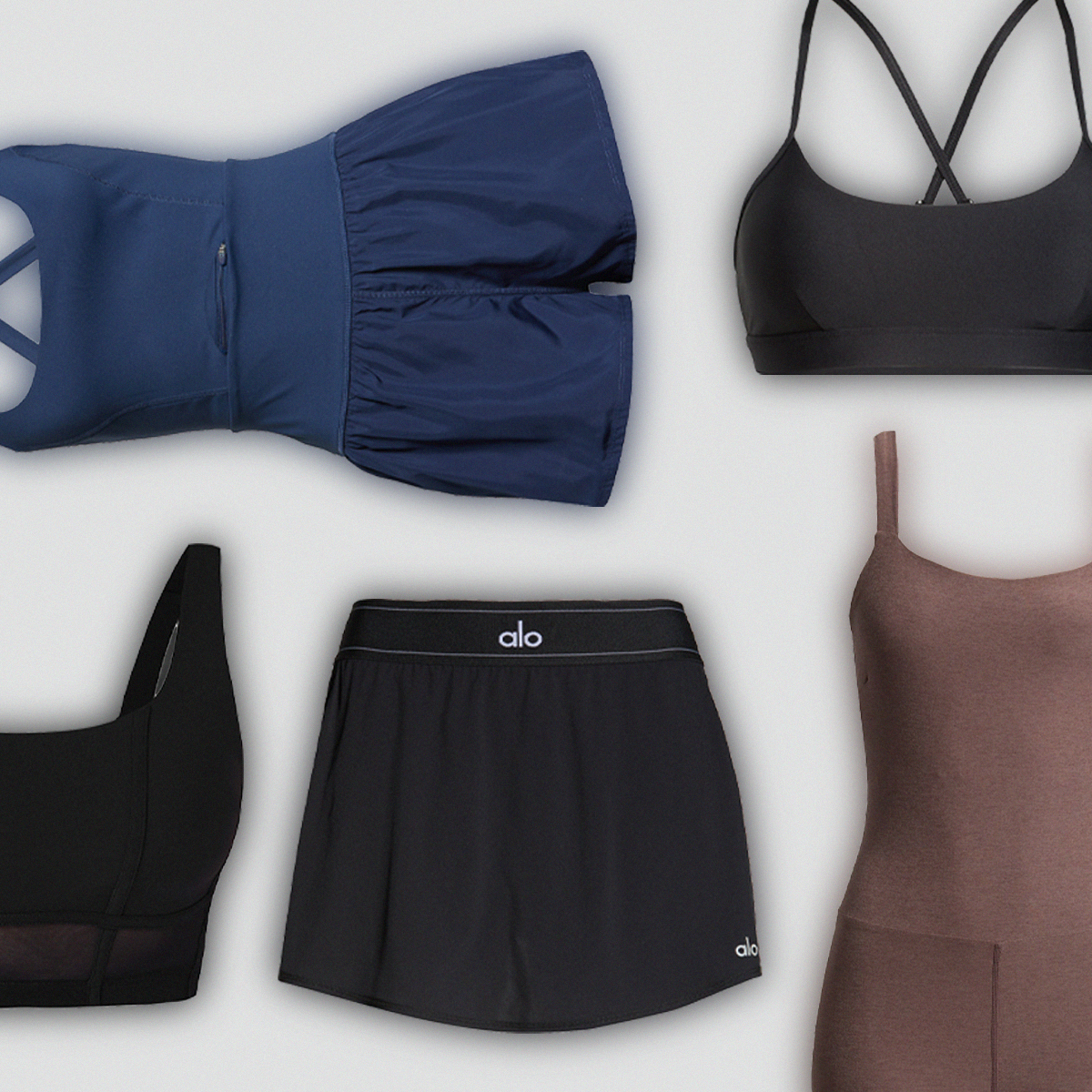
I Work Out 5 Days a Week—These Are the Brands I Wear on Repeat
Sponsor Content Created With Nordstrom
By Emma Walsh Published
-

Supporting Your Mental Health Is Self-Care—Here’s Where to Start
We found the right tool.
By Marie Claire Published
-

I Despised Working Out With Every Bone in My Body—Until I Tried ClassPass
It’s completely changed my approach to exercise.
By Samantha Holender Published
-
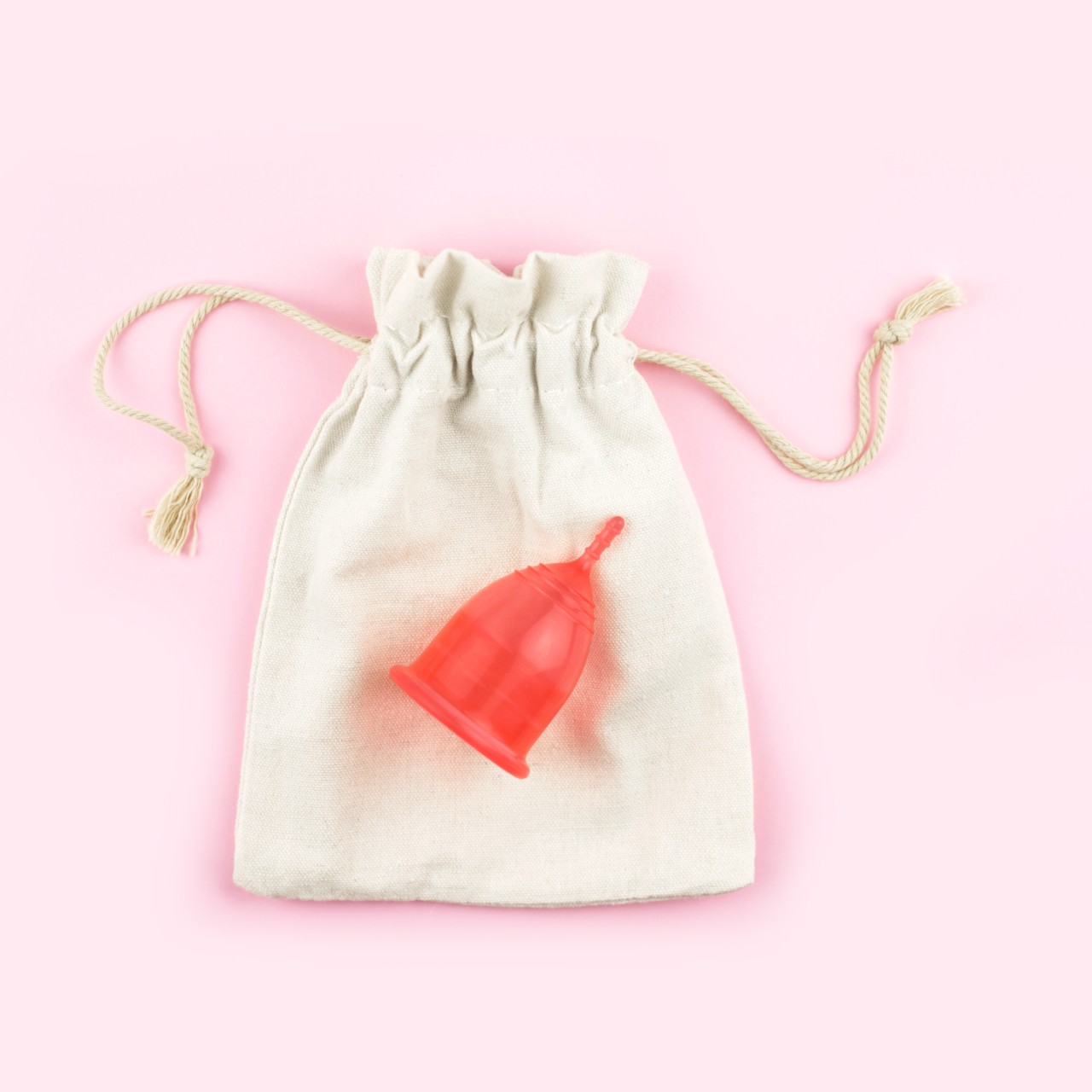
Eco-Friendly Period Products You'll Actually Use
Good for the planet, good for your wallet.
By Gabrielle Ulubay Last updated
-
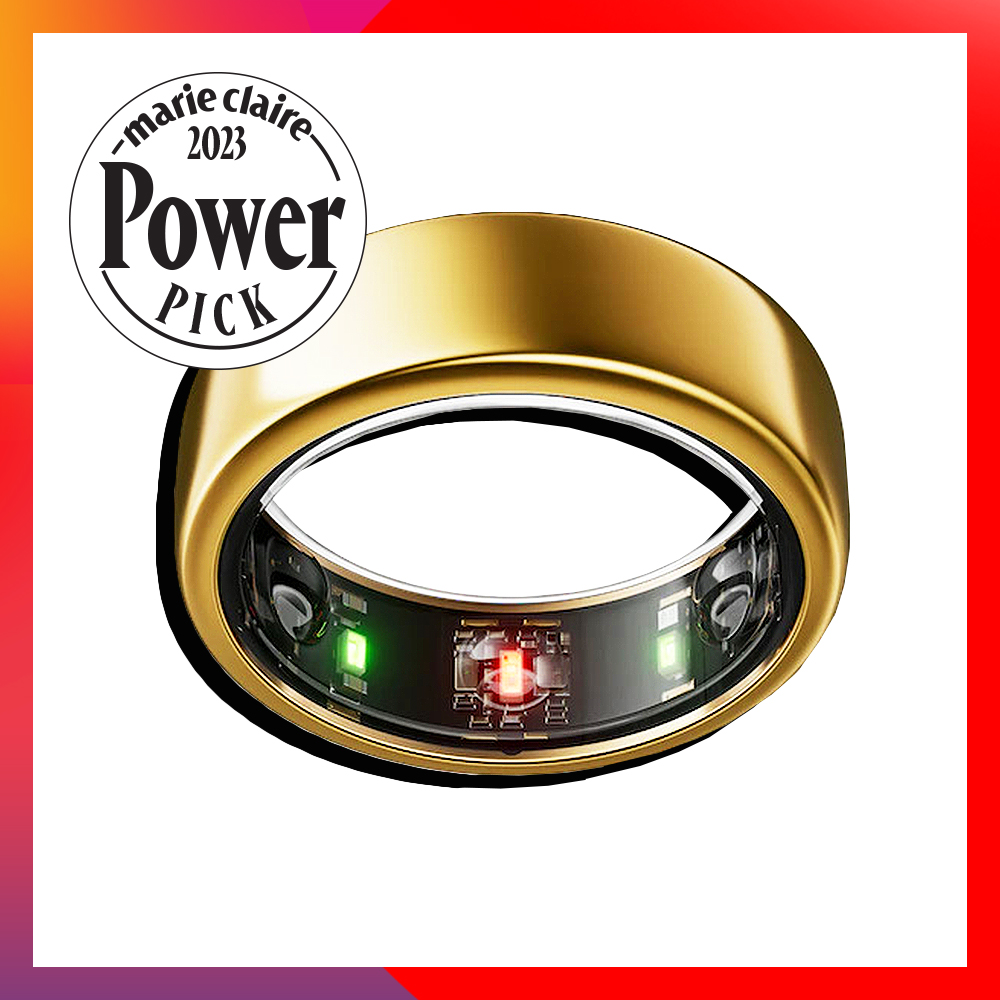
I Tested the Oura Ring Fitness Tracker Jennifer Aniston Loves—It Knew I Was Getting Sick Before I Did
Learn more about yourself by simply slipping on a ring.
By Brooke Knappenberger Published
-
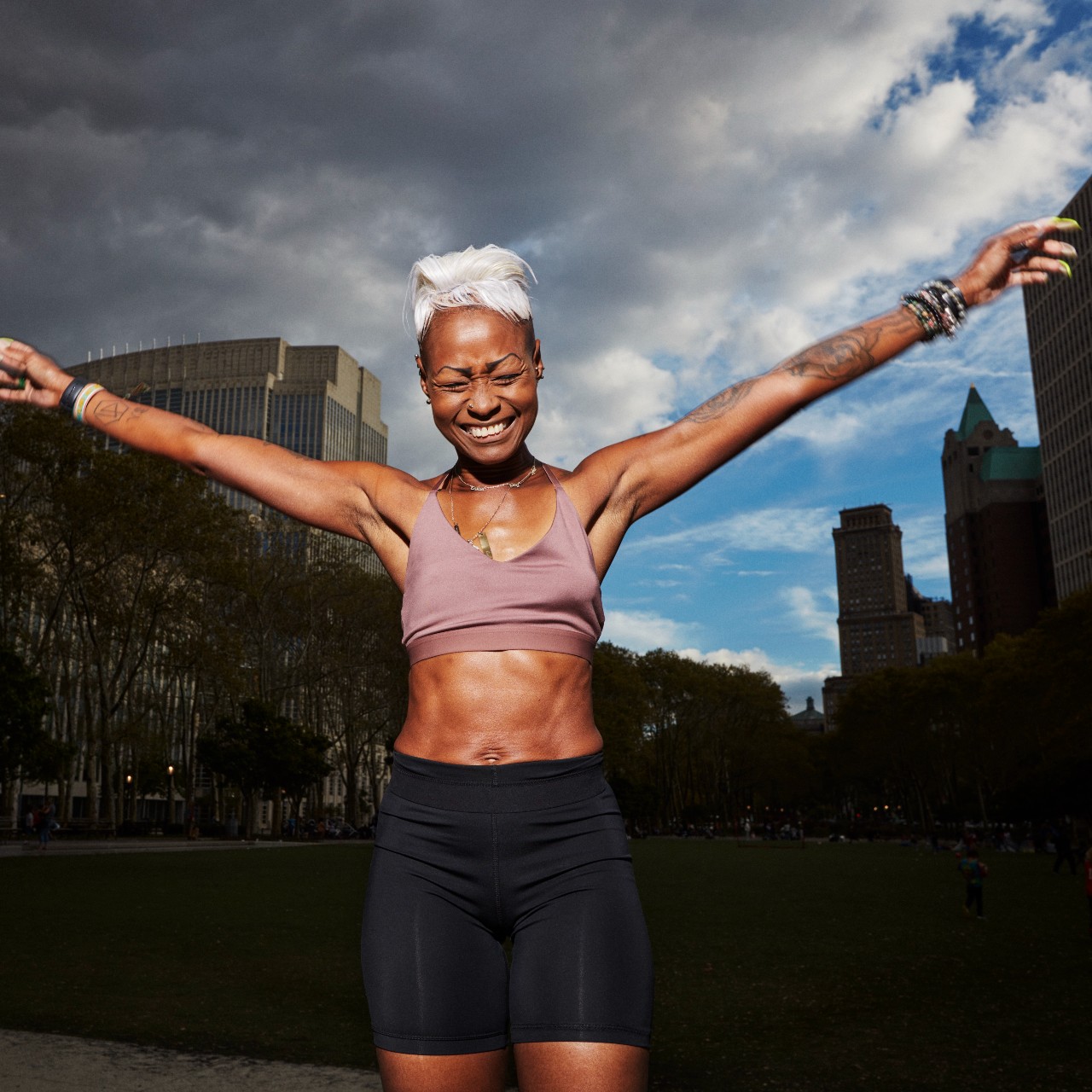
How #TeamMilk Is Sponsoring This Year’s Marathon Runners to Inspire The Next Generation of Women
MilkPEP’s 26.2 program recognizes the importance of empowerment. That’s why they invite every woman running the NYC Marathon to join #TeamMilk and support Girls on the Run.
By Sponsored Published
-
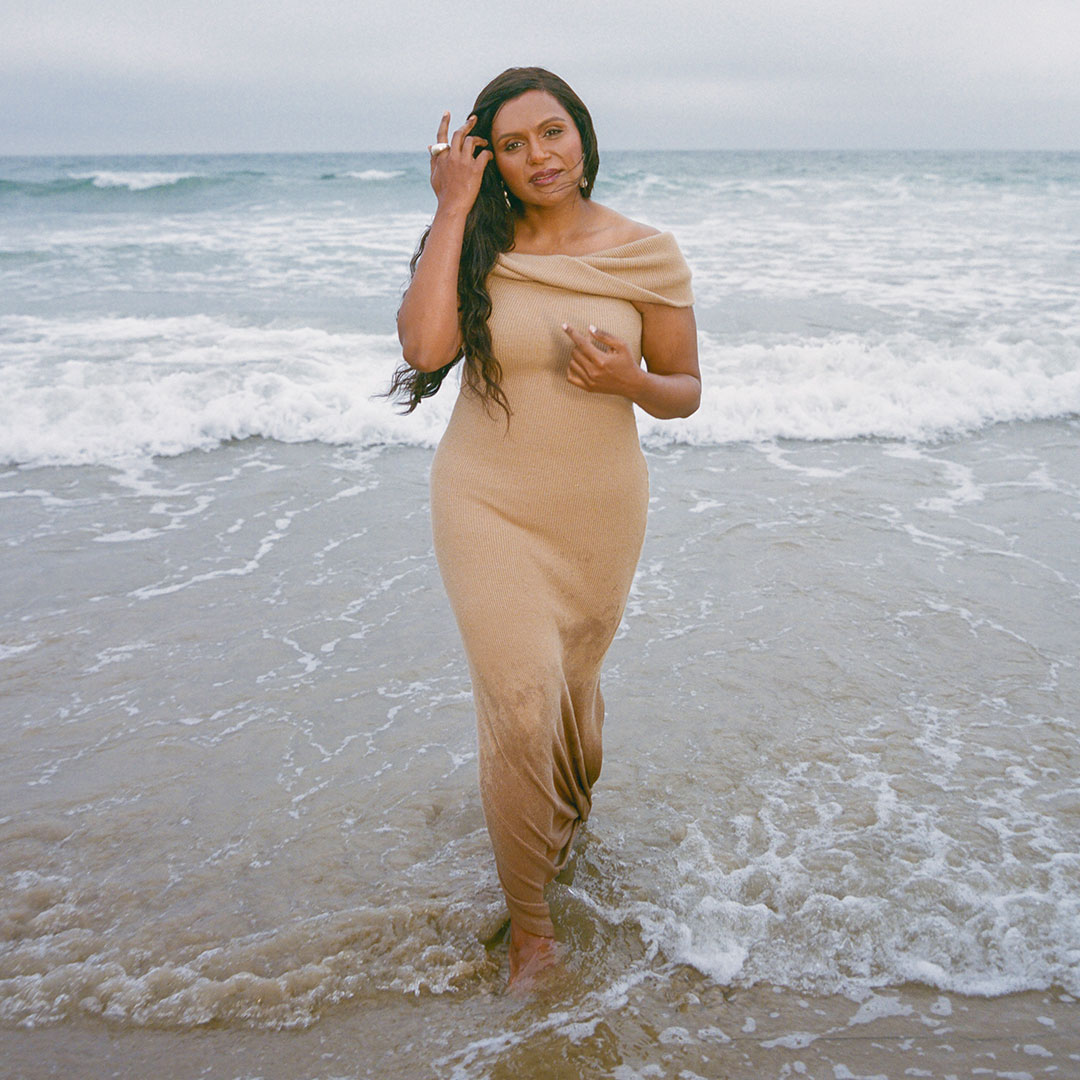
The Wellness Issue
Looking at women's health through a new lens.
By Marie Claire Editors Published
-
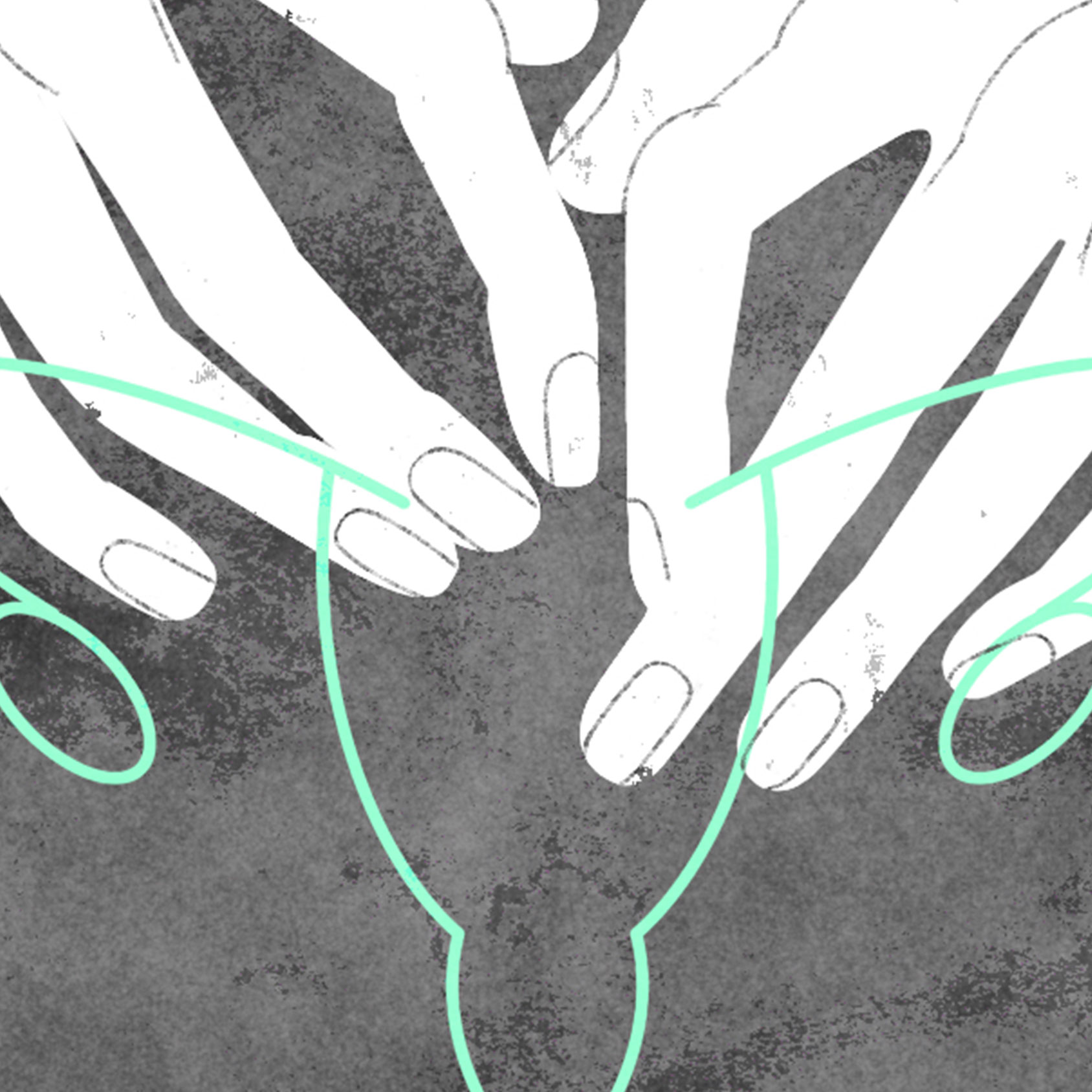
The Heaviness of Hysterectomy
Removal of the uterus can have consequences that go far beyond the physical.
By Maria Ricapito Published
-
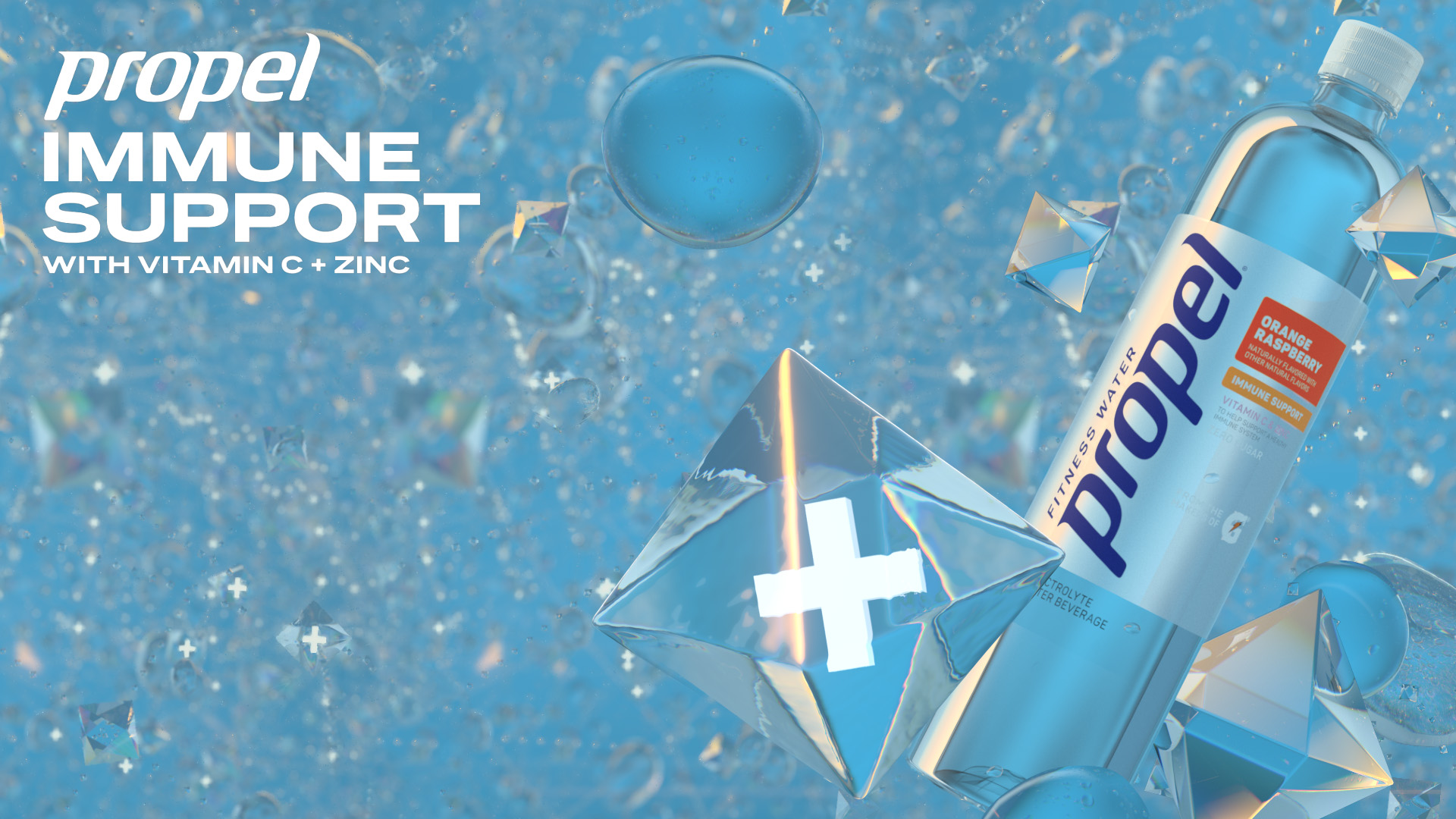
Channel JOWO—the Joy of Working Out—With Propel Fitness Water
Propel's JOWO campaign features free fitness classes, community giveback...and the chance to win workout swag.
By Sponsored Published
-
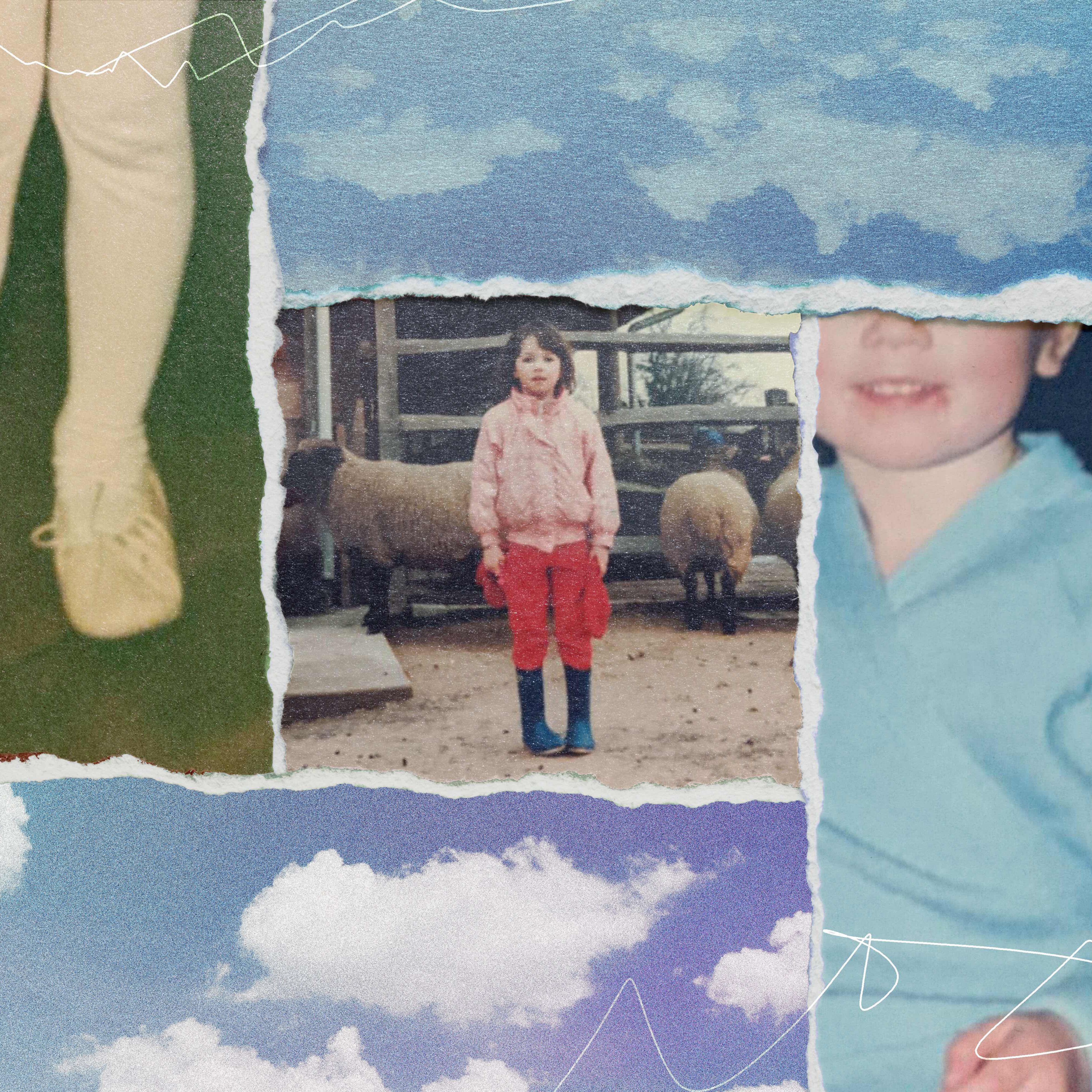
Millions of Americans Have My "Invisible Disability." You’ve Probably Never Heard of It.
Developmental coordination disorder (DCD) can make daily life a struggle. So why isn’t it better known?
By Jenny Hollander Last updated
-

Power Pick: SoulCycle's At-Home Bike Gets Close to the Real Thing
Just ride.
By Sara Holzman Last updated
-
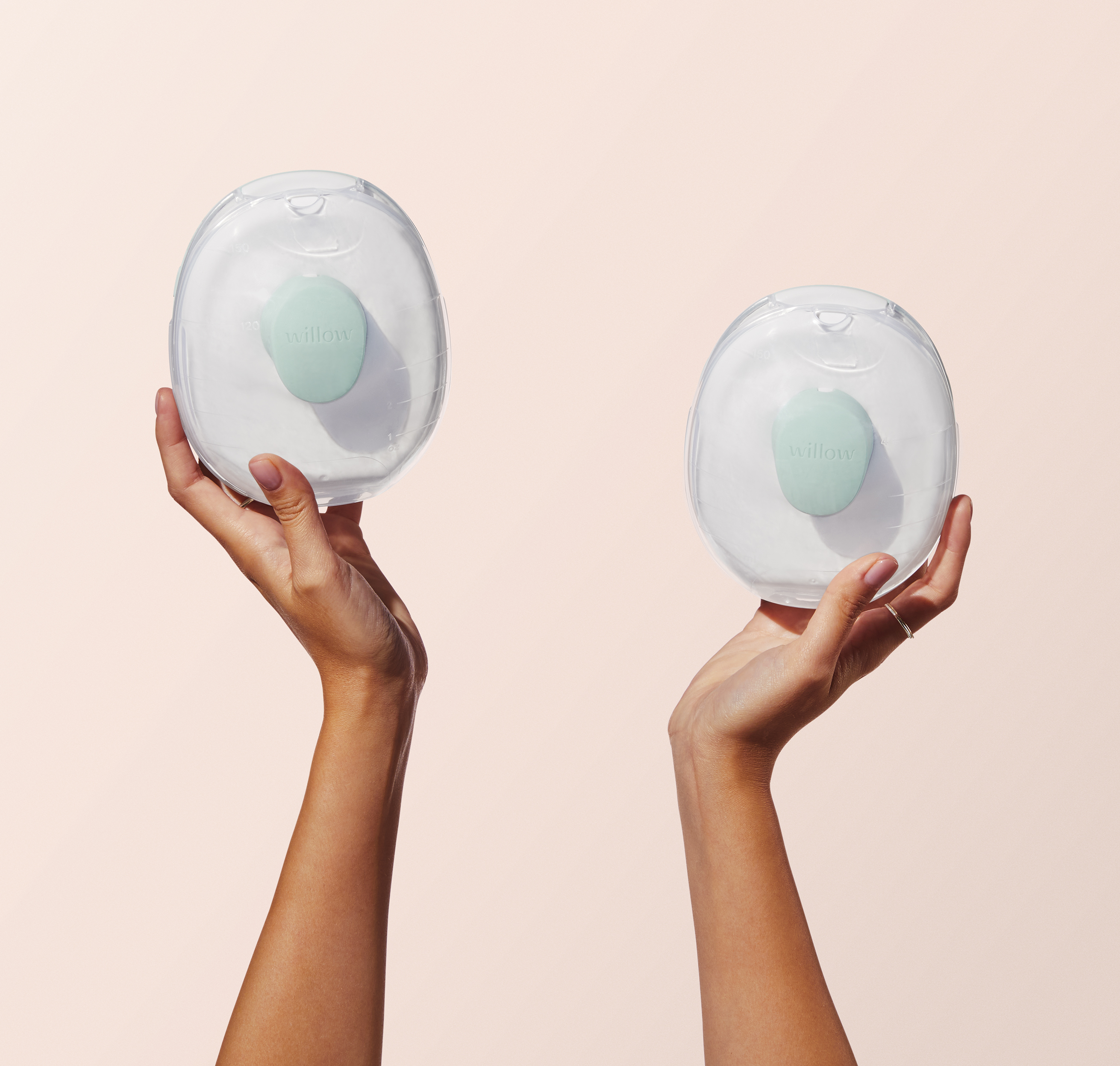
Moms Deserve Better. Willow® Is Determined to Help Them Feel Supported
When babies are born, everyone focuses on them. But a mother needs support too.
By Sponsored Published
-
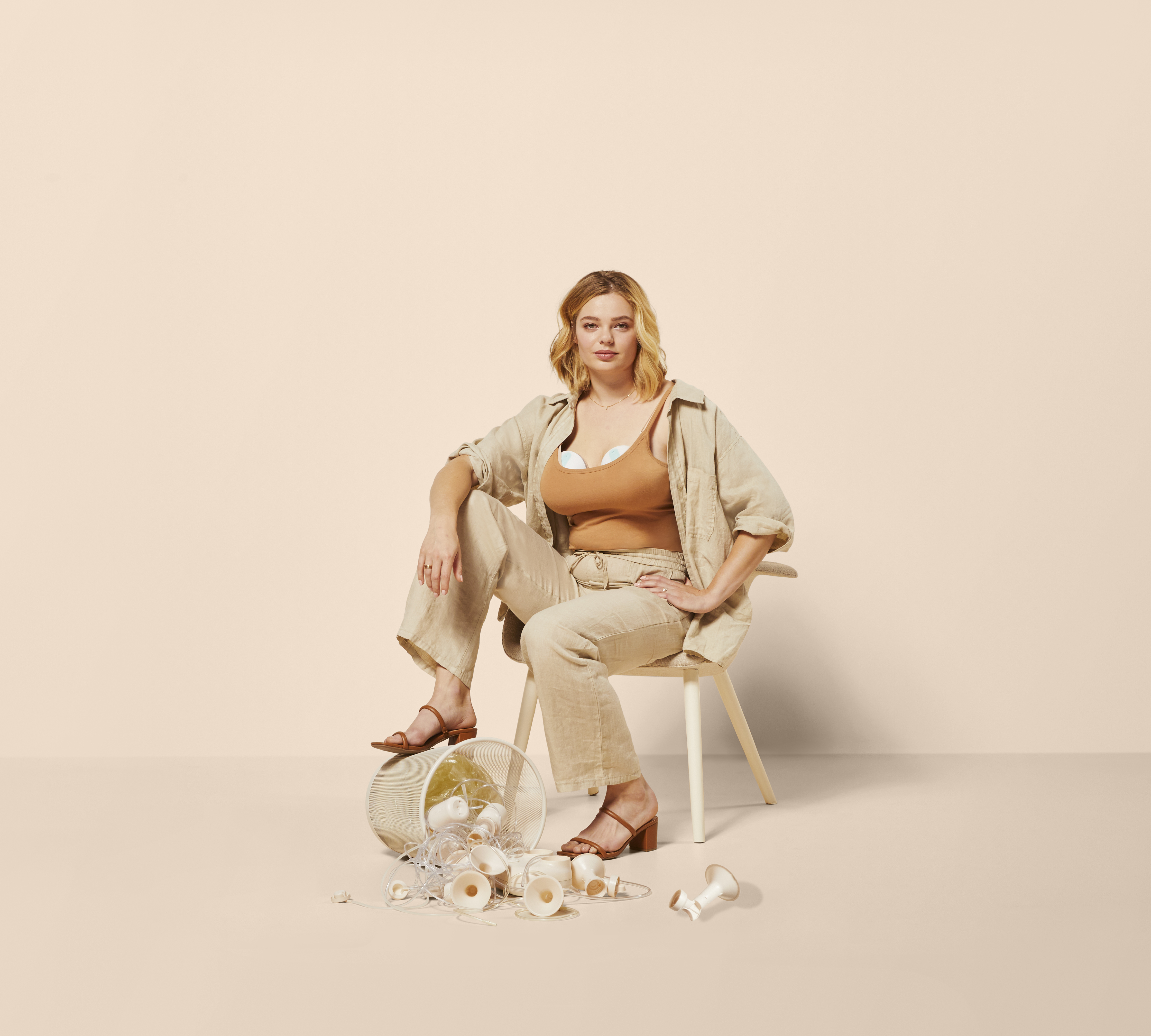
With Its "Register for More" Campaign, Willow® Asks, 'What Do New Moms Need?'
The brand's registry for new parents features workplace toolkits, feeding and pumping schedules, and more.
By Sponsored Published
-
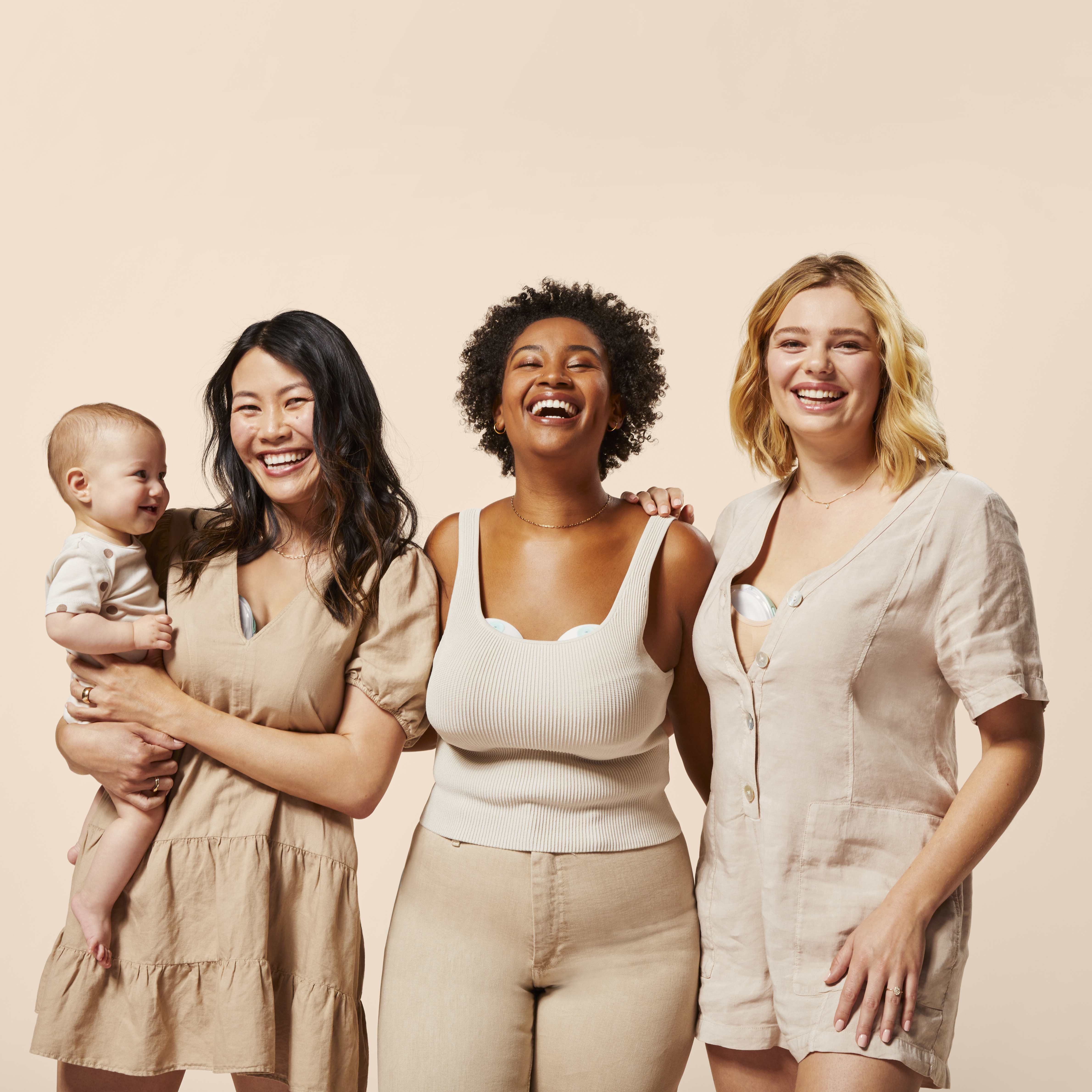
Power Pick: Willow® Breast Pumps Are Exactly What a New Parent Needs
Hands-free and cord-free pump options that allow you to live life—and pump.
By Sponsored Published
-
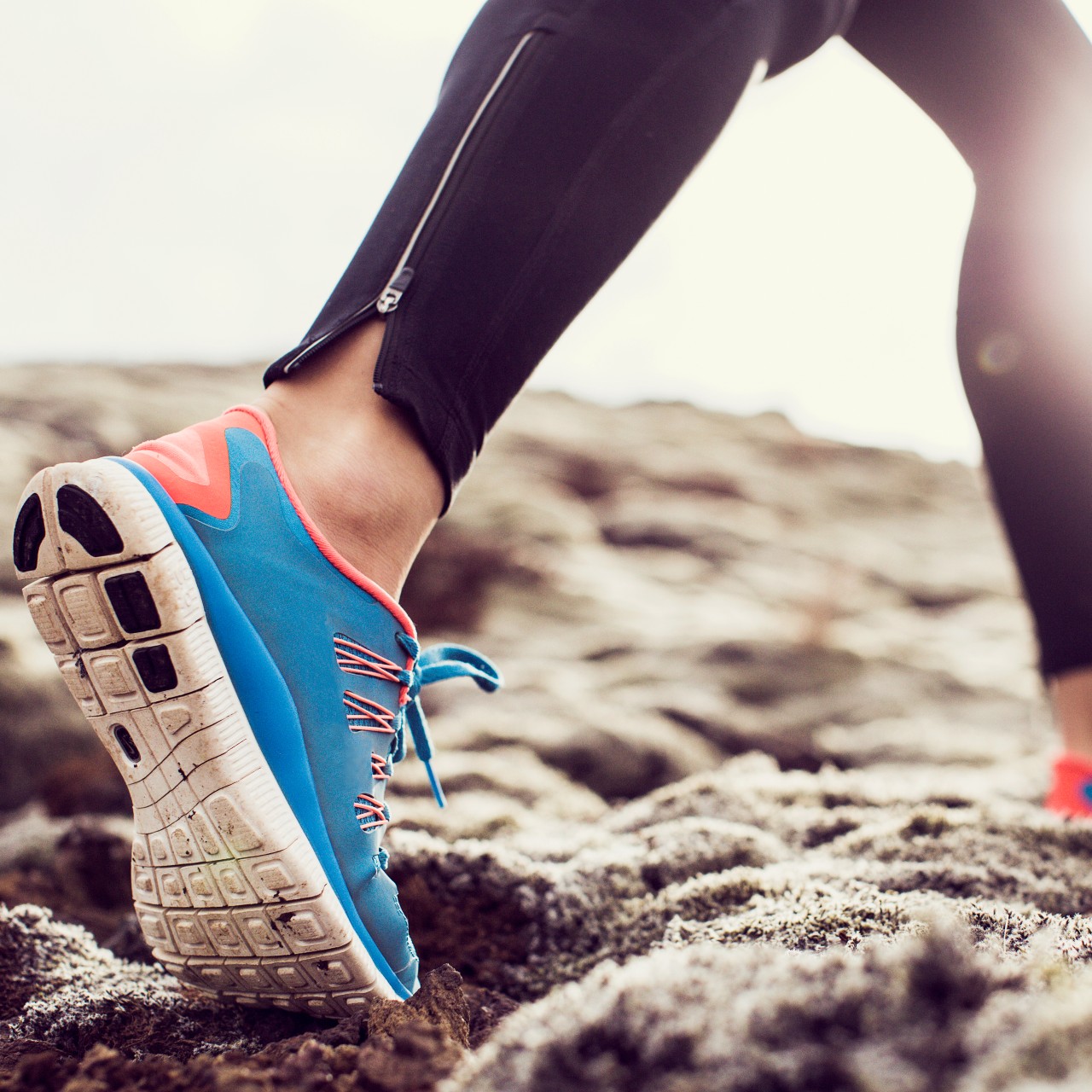
Running Shoes to Pound the Pavement In
Ten-time marathoner Emily Abbate recommends her favorites.
By Julia Marzovilla Published
